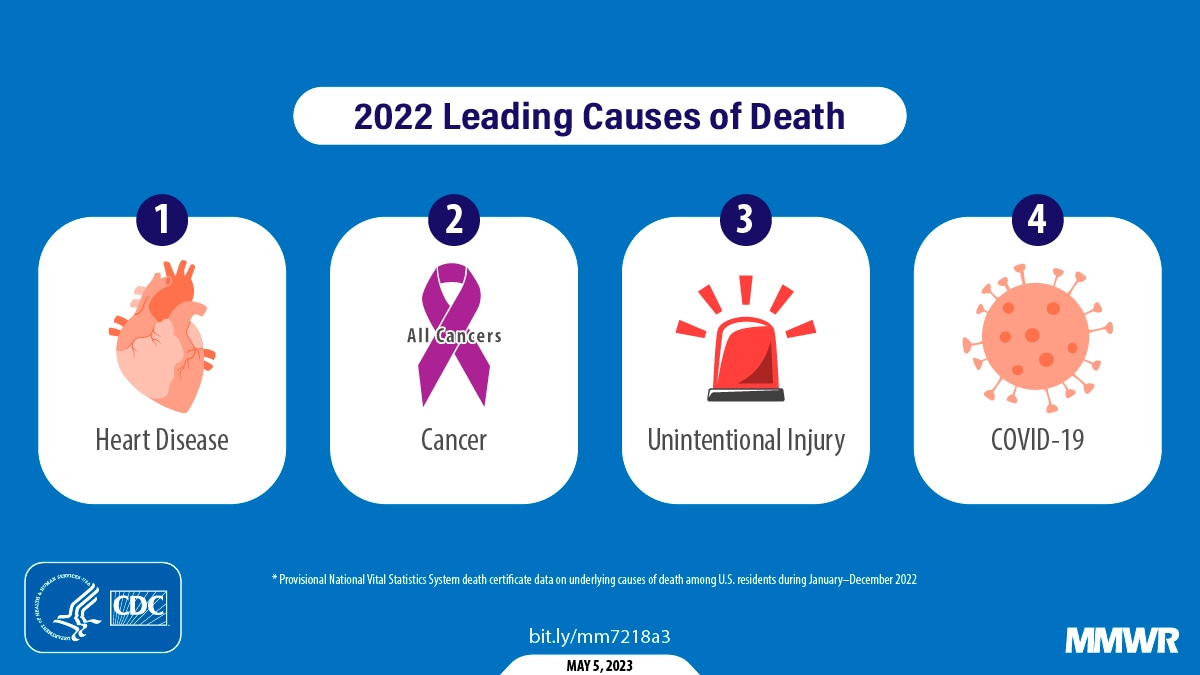
Written By Michael Greger M.D. FACLM
• November 10, 2016
🚈 More About This Source Here!!
An ounce of prevention is worth a pound of cure, but a pound isn’t that heavy. Why change our diet and lifestyle when we can just wait and let modern medicine fix us up? In my video The Actual Benefit of Diet vs. Drugs, I noted that patients tend to wildly overestimate the ability of cancer screening and cholesterol-lowering medications to prevent disease. Surveyed patients report that if they were told the truth about how little they’d benefit from taking drugs, such as cholesterol-lowering, blood pressure, and blood-thinning, every day for the rest of their lives, 90% said they wouldn’t even bother.
The reason we should eat healthier, rather than just counting on a medical technofix, is that we may hold this same overconfidence for treatment, too. In a massive study of more than 200,000 trials, researchers discovered that pills and procedures can certainly help, but genuine, very large effects with extensive support from substantial evidence appear to be rare in medicine. Further, large benefits for mortality—making people live significantly longer—are almost entirely nonexistent. Modern medicine is great for acute conditions—broken bones and curing infections—but for chronic disease, our leading causes of death and disability, we don’t have much to offer. In fact, we sometimes do more harm than good.
In my Uprooting the Leading Causes of Death presentation, I noted that side effects from prescription drugs kill an estimated 100,000 Americans every year, making medical care the sixth leading cause of death in the United States. There are another 7,000 deaths from getting the wrong medicine by mistake and 20,000 deaths from other errors in hospitals. Hospitals are dangerous places. An additional 99,000 of us die from hospital-acquired infections. But can we really blame doctors for those deaths, though? We can when they don’t wash their hands.
We’ve known since the 1840’s that the best way to prevent hospital-acquired infections is through handwashing, yet compliance rates among healthcare workers rarely exceed 50%, and doctors are the worst, as highlighted in my video Why Prevention is Worth a Ton of Cure. Even in a medical intensive care unit with a “contact precautions” sign, signaling a particularly high risk patient, less than a quarter of doctors were found to wash their hands. Many physicians greeted the horrendous mortality data due to medical error with disbelief and concern that the information would undermine public trust. But if doctors still won’t even wash their hands, how much trust do we deserve?
–